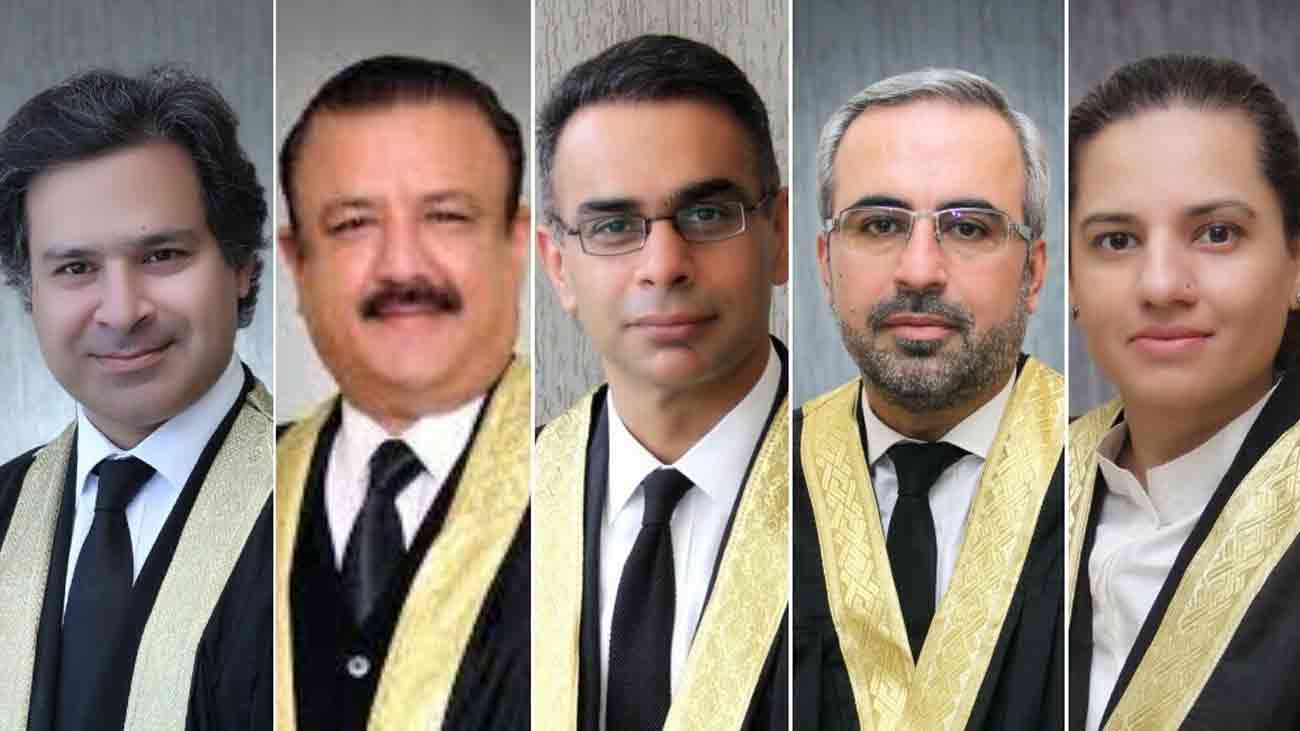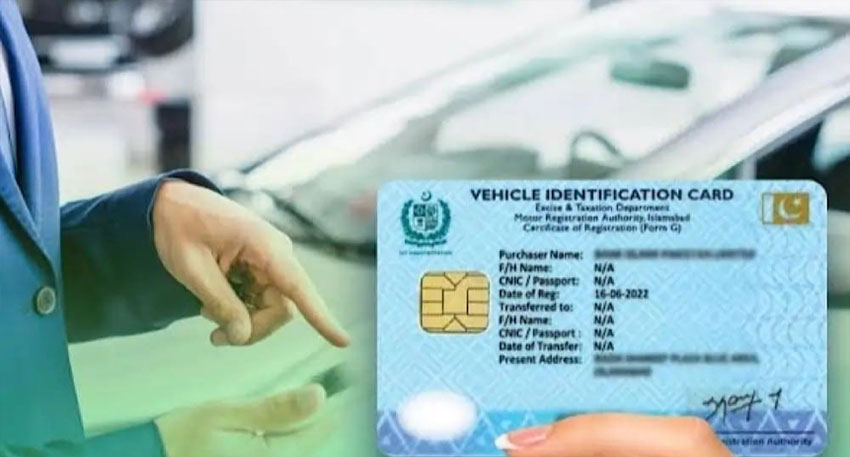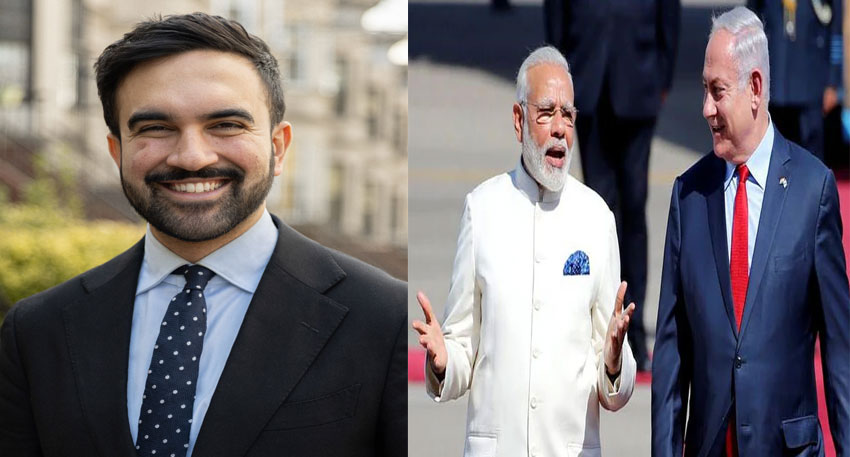
Earlier, Prime Minister Shehbaz Sharif Shehbaz Sharif arrived at the Supreme Court to hold a discussion with Chief Justice of Pakistan (CJP) Qazi Faez Isa on the letter controversy.
Sources say that the CJP had sent an invitation to the prime minister for a meeting with him on the letter issue.
The prime minister was accompanied by Attorney General for Pakistan (AGP) Mansoor Awan and Federal Law Minister Azam Nazeer Tarar.
Yesterday, the CJP had chaired a full court session to review the constitutional and legal status of the IHC judges’ letter.
The full court session lasted for 2 hours and 12 minutes, and all the judges expressed their opinions about the letter. The full court session will continue today too.
Written by Justice Mohsin Akhtar Kayani, Justice Tariq Mehmood Jahangiri, Justice Babar Sattar, Justice Sardar Ejaz Ishaq Khan, Justice Arbab Muhammad Tahir, and Justice Saman Rafat Imtiaz of the IHC, the letter demanded a judicial convention over the alleged interference of members of the executive, including operatives of intelligence agencies, in judicial affairs.
The Wednesday’s meeting attended by Chief Justice of Pakistan (CJP) Qazi Faez Isa and other apex court judges lasted for over two hours in Islamabad.
It was held after the bar associations and legal experts called for a probe into the judges grievances mentioned in the letter.
Attorney General for Pakistan (AGP) Mansoor Usman Awan had met the CJP and discussed the issue, as per sources.
Later talking to the media, the AGP said that the matter was serious and it should be probed.
Besides Pakistan Tehrik-e-Insaf, the bar associations of Sindh, Lahore, Islamabad and Khyber Pakhtunkhwa condemned the alleged interference, urging the top judge to look into the matter.
The IHC judges sought guidance from the Supreme Judicial Council (SJC) on “interference” of the spy agencies in courts’ affairs. They wrote: "We are writing to seek guidance from the Supreme Judicial Council (SJC) with regard to the duty of a judge to report and respond to actions on part of members of the executive, including operatives of intelligence agencies, that seek to interfere with discharge of his/her official functions and qualify as intimidation, as well as the duty to report any such actions that come to his/her attention in relation to colleagues and/or members of the courts that the High Court supervises."
The IHC judges noted that the code of conduct for judges prescribed by SJC provides no guidance on how they "must react to and or report incidents that are tantamount to intimidation and interfere with judicial independence".
They said that they “believe it is imperative to inquire into and determine whether there exists a continuing policy on the part of the executive branch of the state" to meddle in judicial affairs.




